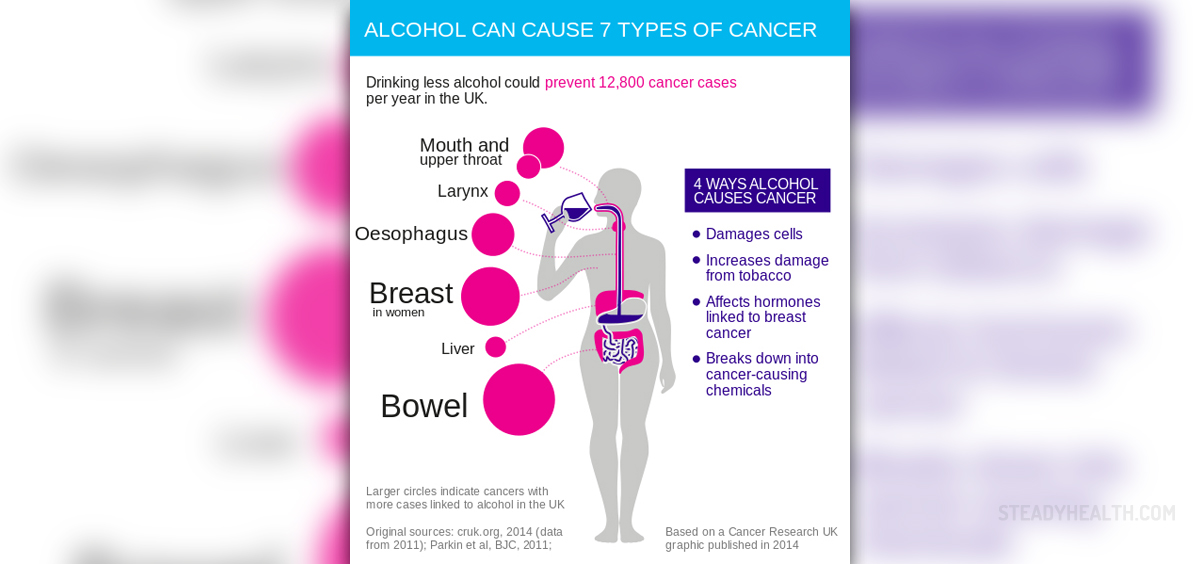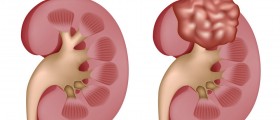
Esophageal cancer in the family
The general belief is that if one or more than one member of the family has been diagnosed with cancer of the esophagus, every family member now has to develop it. Several researches have proved that that is not true. However, this is a risk factor and it does increase the chances of developing esophageal cancer. The main reason why that is so, is because of the lifestyle that that family leads. In situations where more than one family member is diagnosed with this type of cancer, the genes do not play the most important role. The experts believe that the shared family views and bad health and fitness are a lot more influential factors than genes. However, these facts are not all exactly sure as not a lot of research has been done in the field of genetic or hereditary link to cancer of the esophagus. Lifestyle habits like poor diet that leads to obesity, the use of tobacco and heavy alcohol consumption are all risk factors of this type of cancer and they are all considered to be a family’s increased risk of cancer of the esophagus.However, the good thing is that all of these risk factors can be influenced. Starting with new lifestyle habits that are healthier can significantly decrease the risk of developing this type of cancer. Every expert agrees that if more than one family member decides to lead a healthier lifestyle it is a lot easier to stick to the changes. With every decision the support of the family is highly significant.
In addition to these risk factors there are several others that the experts have confirmed to increase the risk of developing cancer of the esophagus. A certain condition called Barrett syndrome is a risk factor that is seen quite often. A person diagnosed with this syndrome is more prone to developing cancer of the esophagus that the person who is not. Everyone can develop esophageal cancer but men are more prone to it than women, especially men older than 60 years of age. The data has shown that African American men develop this type of cancer a lot more often that white males. Being exposed to certain chemicals or some other hazards like radiation therapy for instance increases the likelihood of developing cancer of the esophagus as well.Treatment for esophageal cancer
Esophageal cancer has more than one type. However, two types are seen a lot more often than any other type. These two types are called squamous cell carcinoma and adenocarcinoma. The first type develops in squamous cells and the doctors usually discover it in the upper or middle part of the esophagus but it can be located all along the organ. Epidermoid carcinoma is another name for squamous cell carcinoma. Glandular cells are the place where adenocarcinoma develops. This type of esophageal cancer is usually diagnosed in the lower part of the organ, closer to the stomach.Every type of cancer has higher chances of being cured if the cancer was discovered in the early stages. The problem of esophageal cancer is that the symptoms are not usually seen until the disease has progressed and that is why the survival rate is extremely low for this type of cancer. Two symptoms that occur most often are problems with swallowing and unexplained weight loss. Another problem is that the symptoms of esophageal cancer are seen in a lot of other conditions as well. In addition to these two signs a person may experience pain behind the breastbone, hoarseness and cough and indigestion and heartburn as well.
When the patient comes to the hospital suspecting of esophageal cancer the doctor will ask him or her about the symptoms and medical history. A physical exam will be performed as well. If there is a suspicion of canner, certain tests like a chest x-ray, barium swallow and a biopsy are usually ordered in order for a proper diagnosis to be made. Only when the stage of the cancer has been diagnosed, the doctor will talk to the patient about the best possible treatment options. Apart from the stage of the tumor, there are two more essential factors that are taken into consideration. These two factors are the size of the tumor and the general health of the patient.
















Your thoughts on this
Loading...